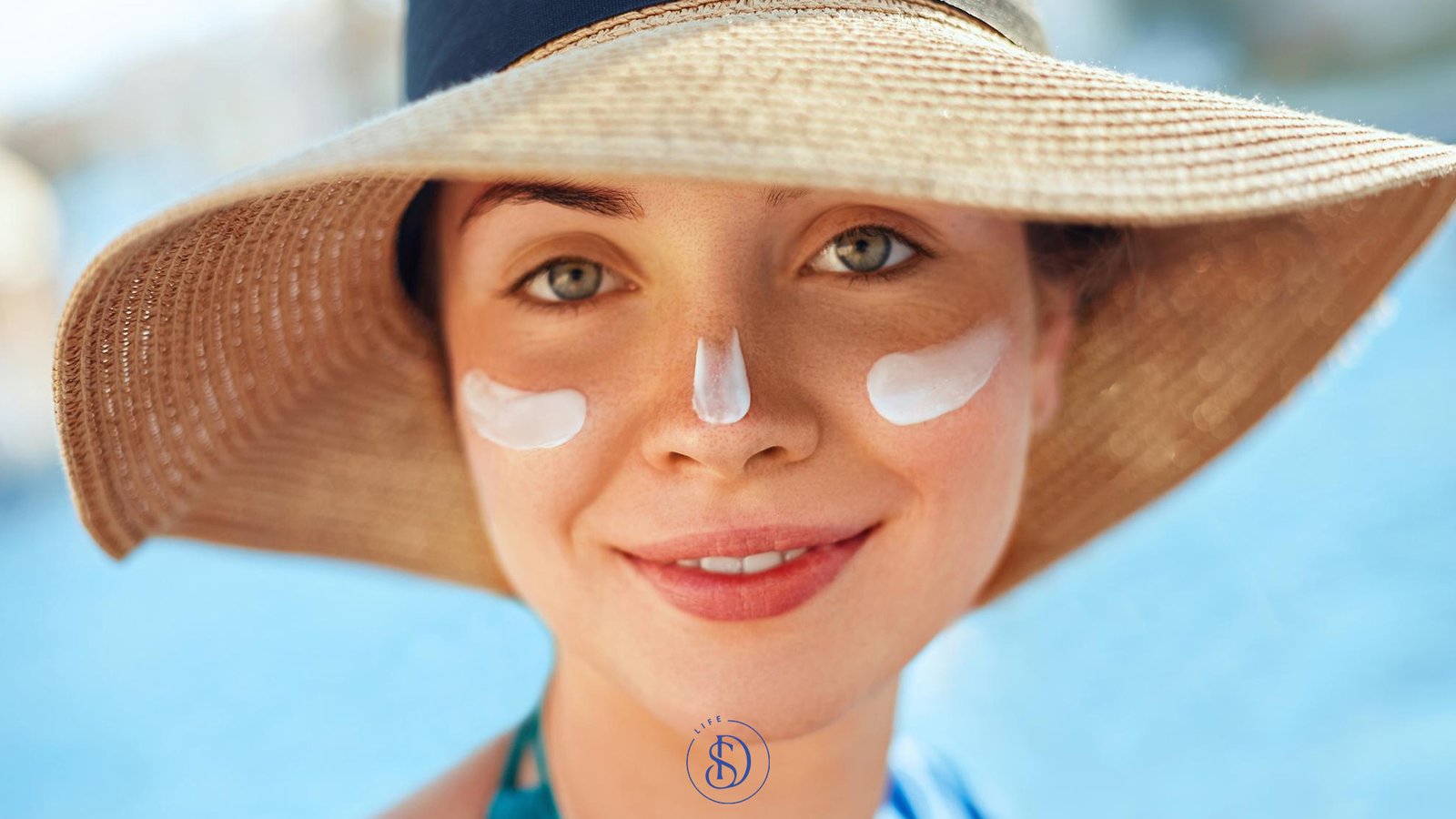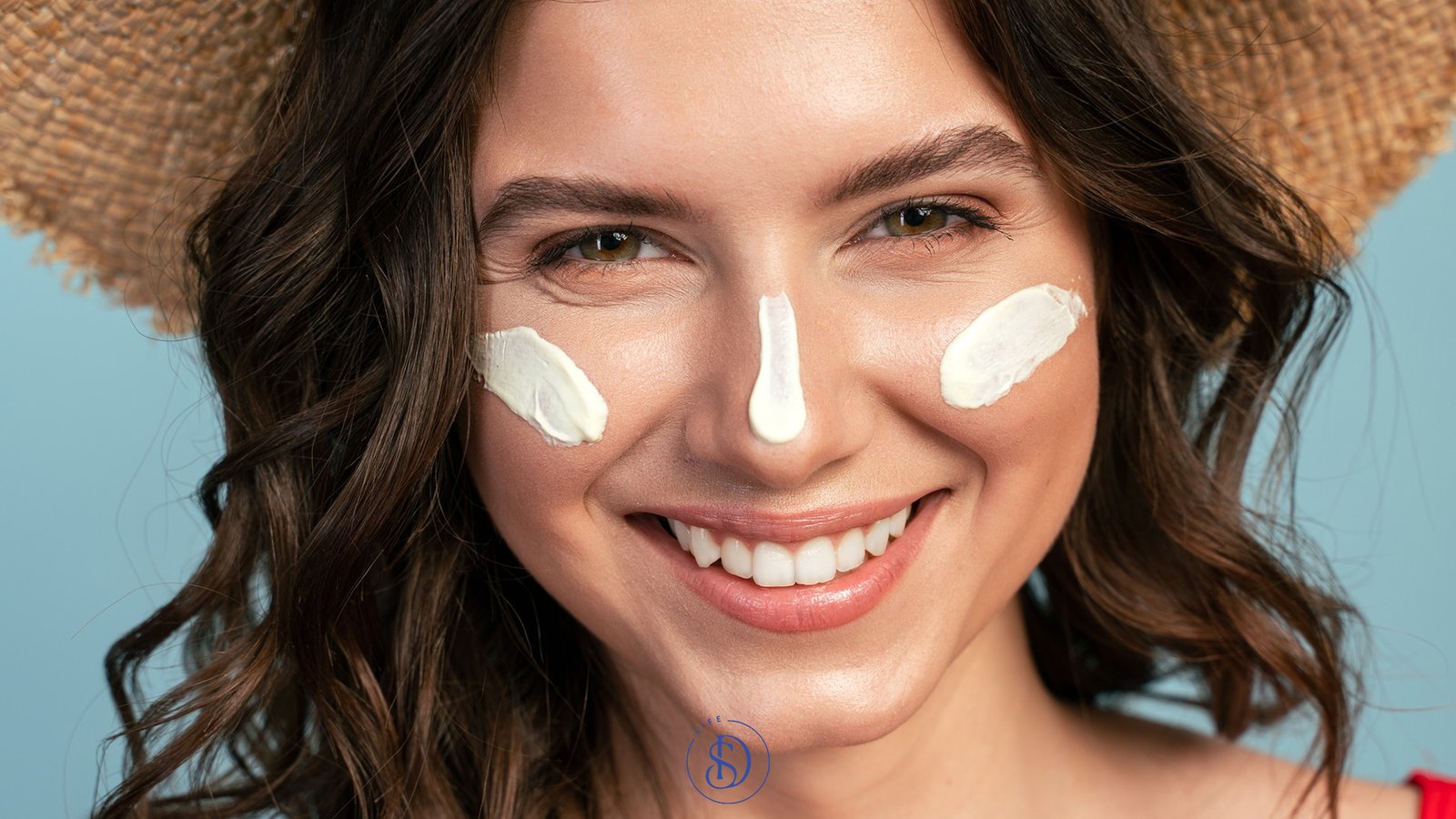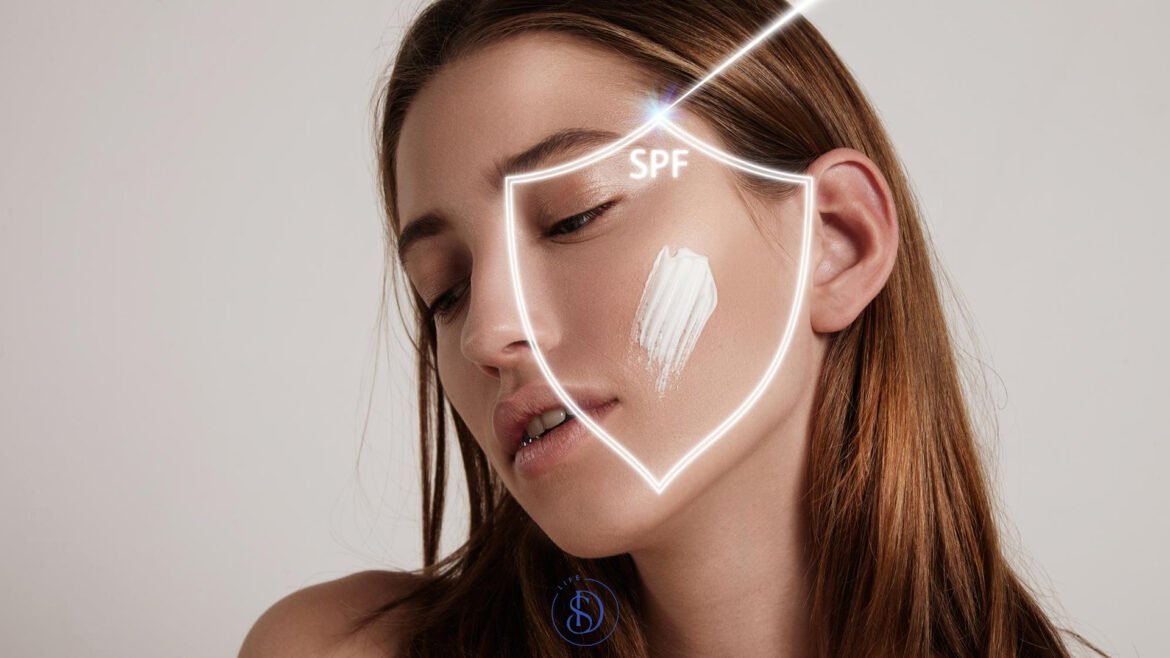Is Sunscreen Used in Winter?
Is Sunscreen Used in Winter?
Winter is known for cold temperatures, dry winds, and heavy snowfall. This situation implies that our skin requires more care and protection. However, many people still consider using sunscreen in winter unnecessary. In this article, we will delve into why using sunscreen in winter is important and explore ways to protect our skin from the adverse effects of the cold season.
Relationship Between Sunscreen and Winter
The use of sunscreen in winter is often overlooked because the sun’s warmth is not felt as intensely as in the summer, leading people to be less vigilant about protecting themselves from the harmful effects of the sun. However, since UV rays are present year-round and can still damage our skin during the winter months, sunscreen should be used consistently throughout the year.
Effects of Cold Weather on the Skin
Winter is typically associated with low temperatures, low humidity levels, and windy weather. This can lead to skin dryness, cracking, and irritation. Exposure to cold air can weaken the skin’s lipid barrier, making it more vulnerable to the harmful effects of the sun.
The Advantages of Sunscreen Usage
- Protection Against UV Rays
Sunscreen protects the skin against UVB and UVA rays due to its SPF content. Even in winter, sunlight can reach the skin, and the use of sunscreen protects the skin from these harmful rays.
- Prevention of Skin Dryness
Sunscreen prevents the skin from drying out by preserving its natural moisture. This feature helps protect your skin from issues caused by dryness during the winter months.
- Reducing Hyperpigmentation and Premature Aging
UV rays can lead to skin discoloration and signs of premature aging. Using sunscreen can mitigate these negative effects and keep your skin looking young and healthy.
- Strengthening the Skin Barrier
Using sunscreen in winter can strengthen the skin barrier, enhancing its resilience against external factors. This helps protect your skin from the adverse effects of cold weather conditions.
- Reducing Sensitivity Around the Eyes
Cold winds, especially during winter, can cause sensitivity around the eyes. Sunscreen can reduce irritation by protecting the skin in this area.

Choosing the Right Sunscreen: Key to Winter Skincare
When selecting sunscreen during the winter months, it’s essential to choose products that provide broad-spectrum protection and have at least SPF 30. Additionally, opting for sunscreens with moisturizing properties in their formulation can enhance the effectiveness of protecting your skin during the winter.
Overlooked Points in Winter Sunscreen Use
High Altitudes and Snowy Areas
High altitudes and snowy areas can increase sunlight reflection, exposing your skin to more UV rays. Extra care should be taken with sunscreen application in these regions.
Necessary Even Indoors
Even in winter, there’s a possibility of exposure to sunlight indoors. Therefore, continuing to use sunscreen as part of your daily routine is important.
Regular Reapplication
For sunscreen use to be effective, regular reapplication is crucial. Especially if you spend extended periods outdoors, don’t forget to reapply sunscreen every two hours.

Result: Using Sunscreen in Winter is a Must!
Using sunscreen in winter is a crucial step in protecting your skin from the adverse effects of cold weather and the harmful impact of the sun. Sunscreen can reduce skin spots, prevent signs of premature aging, and keep your skin moisturized. Choosing the right product and using it regularly are the keys to maintaining healthy and protected skin even during the winter months. Show your skin the care it deserves, make sunscreen use an integral part of your winter skincare routine, and enjoy healthy skin during the cold season!



